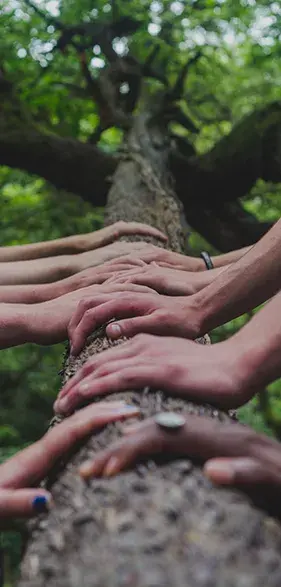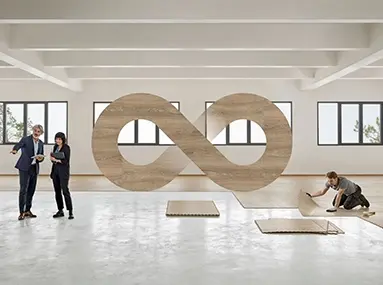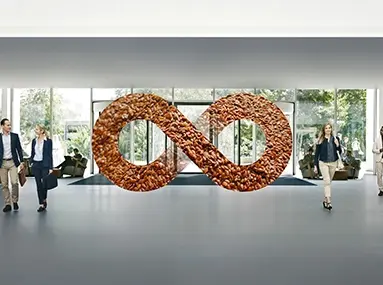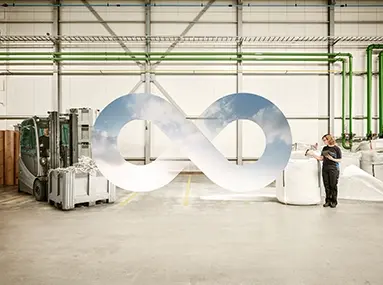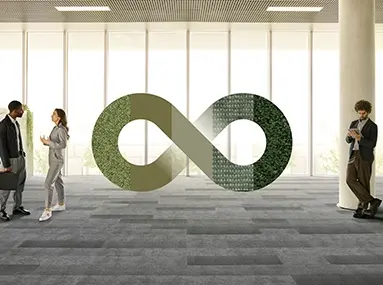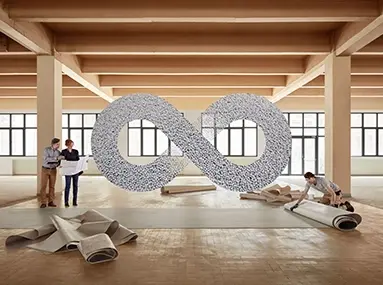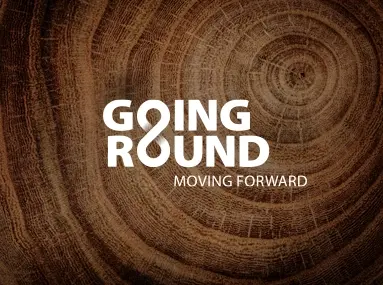5. Recycling & end of life
Recreating value at the end
TO LAY THE FOUNDATION FOR A BETTER FUTURE
WE NEED TO DESIGN RECYCLED MATERIALS INTO OUR FLOORS
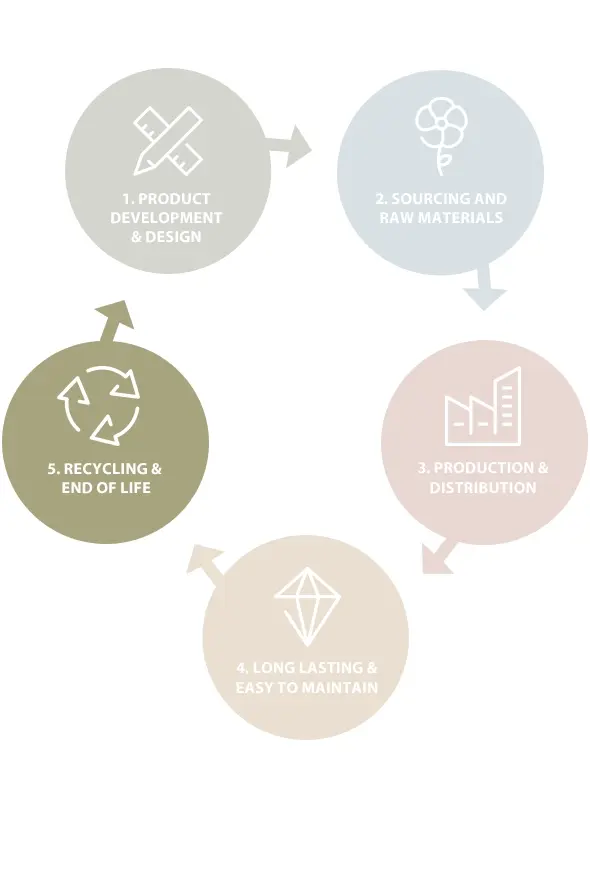
RECREATING VALUE AT THE END
To become truly sustainable, we need to close the loop. We do that by continuously improving our modular offerings, and finding ways to recycle them at their end of life. We also design floors that are made of recycled materials, so your old floors can be repurposed today – and tomorrow. That means you get products with up to 37% recycled content from sources such as fishnets and post-consumer waste.
In 2023 we collected and recycled:
-
65
tons of linoleum
-
185
tons of vinyl
-
1
tons of textile
Product stewardship – take back
Setting up local recycling programs
Until flooring can go fully circular on a global scale, we have started developing solutions on a regional scale by actively offering installation waste take-back programs in instances where this is the most sustainable option, taking into consideration the carbon footprint of the necessary logistics. This way we can get round current limitations and move forward in preparation for tomorrow.
Forbo Flooring Systems Australia are partners with Grass Hopper Environmental to offer installation waste take-back program.
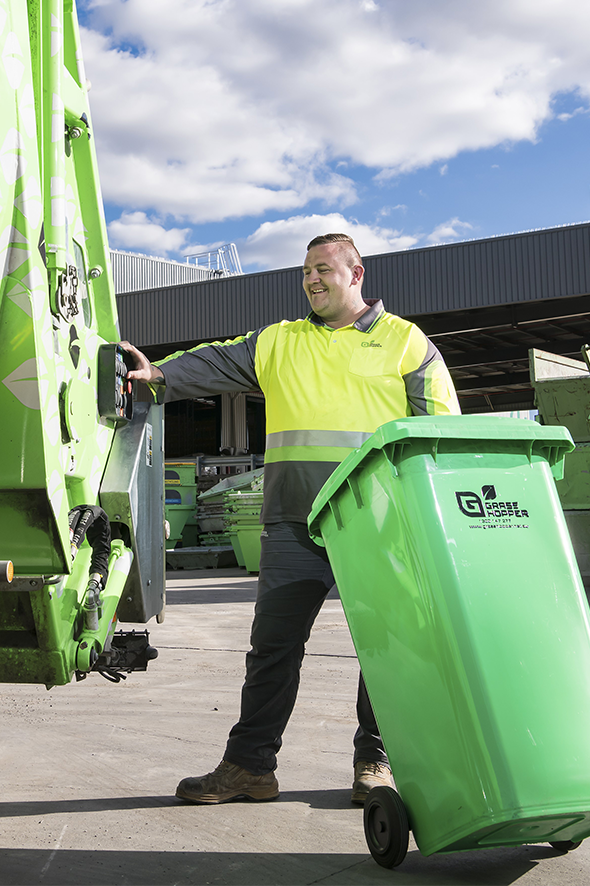
How we deal with our waste
Recycling is not always an option
We are not trying to recycle all flooring waste within our own products. That might sound strange, but sometimes we simply can’t yet, and sometimes it is even irresponsible to do so.
There are many ways in which we are currently dealing with residues:
• Working with raw material suppliers for centralised recycling. For example, chemical recycling for vinyl is being explored.
• Using materials in our own production, such as post-consumer linoleum, vinyl scrap etc.
• Working with customers to extend floor life or renovate floors.
• Collaborating with external parties for solutions. For example: some linoleum waste is used as filler in the cement industry.
• Working with waste management companies, for example by researching biodegradation or otherwise extracting as much energy as possible through incineration.
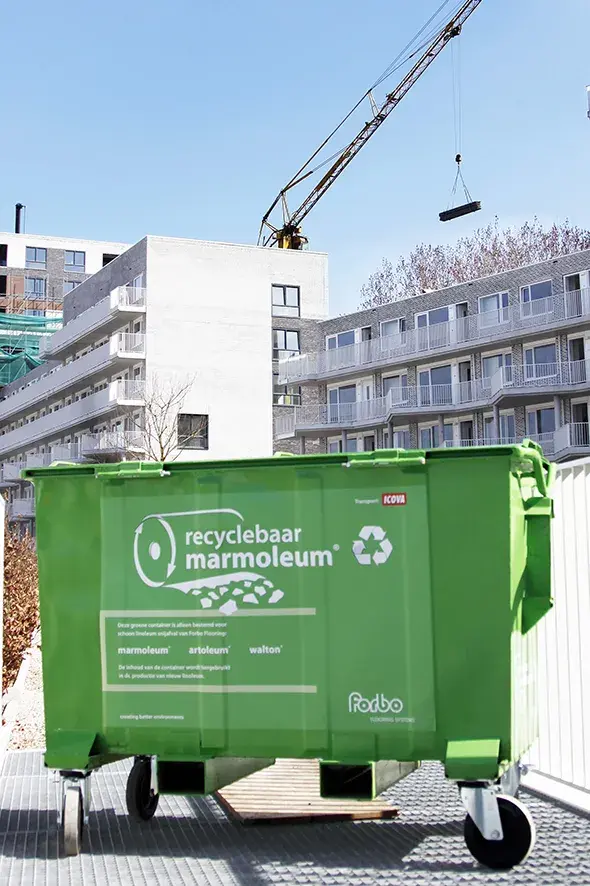
Our challenges
We do not have all the solutions in place yet
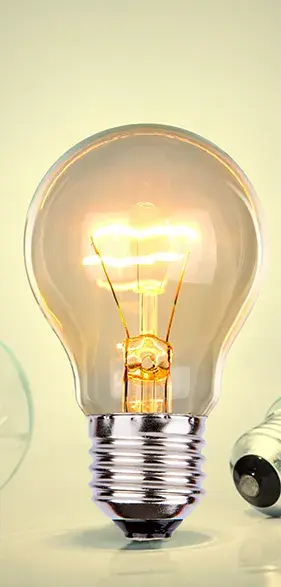
We have to take local conditions into account

Material composition limits recycling
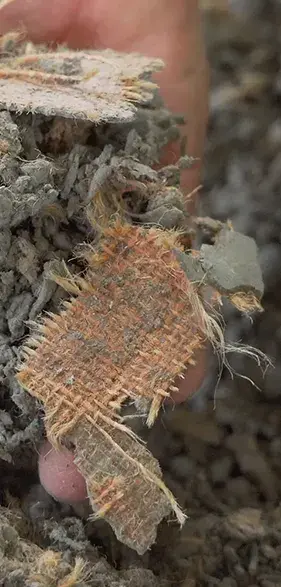
Few industry initiatives & collaborations
